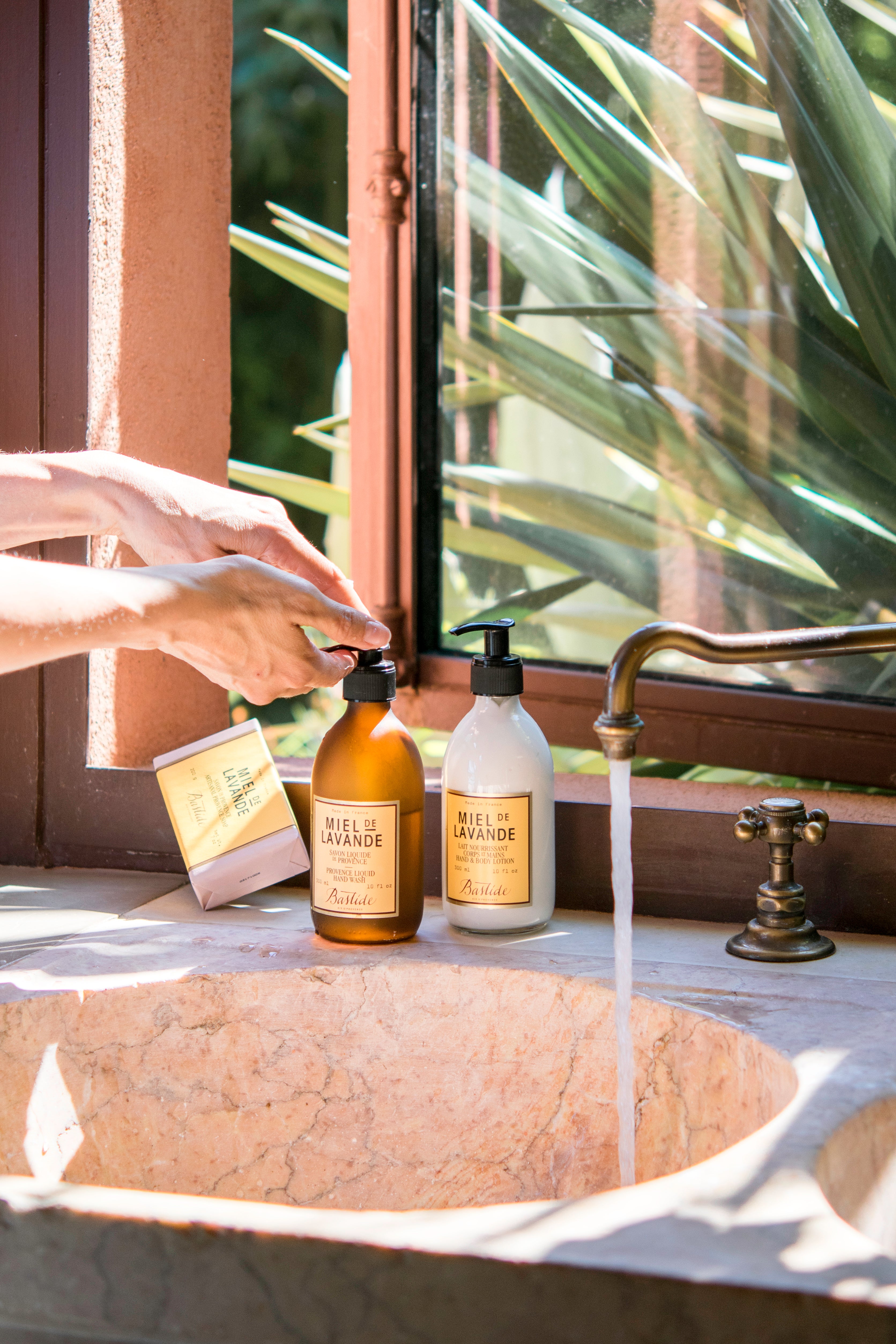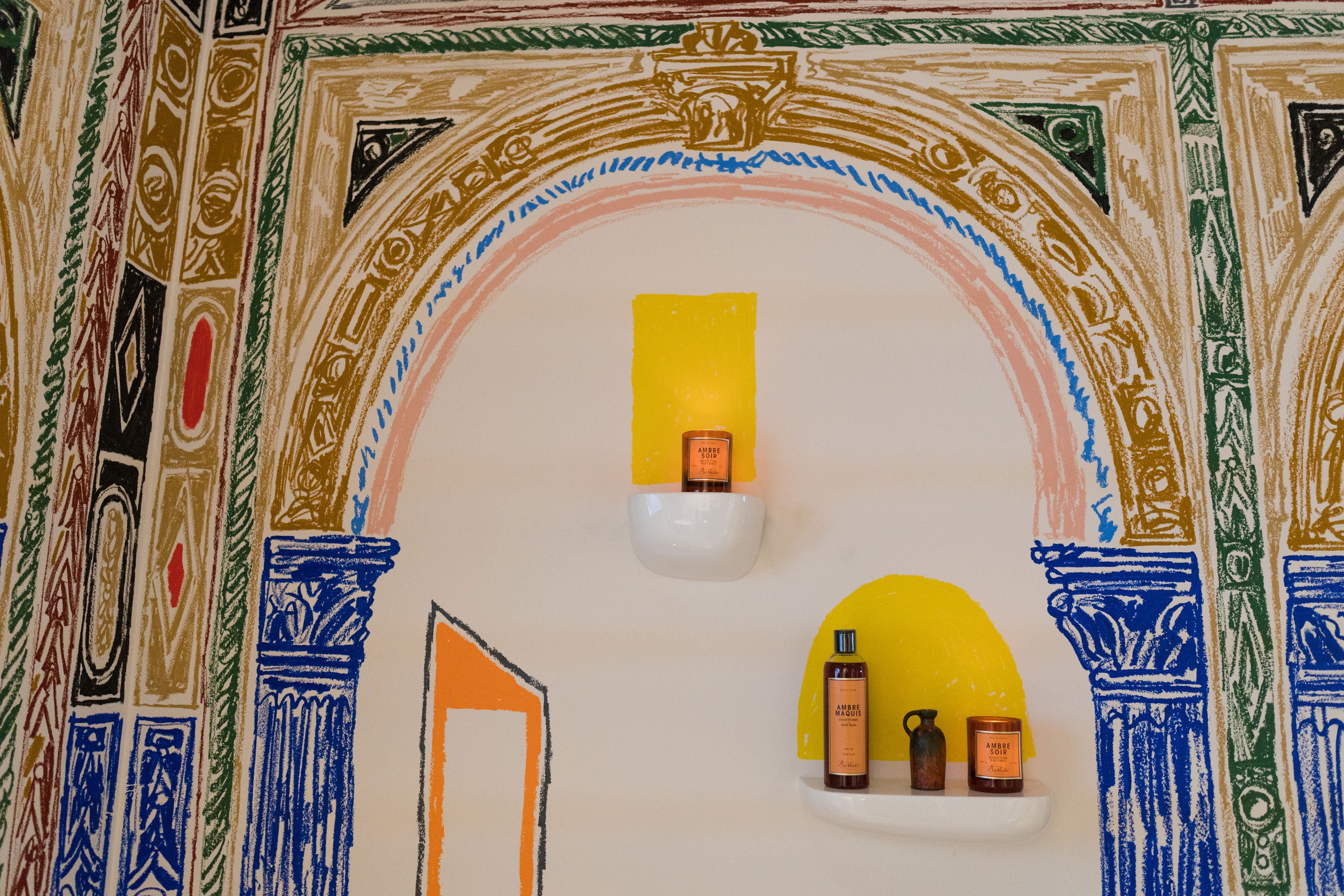
The Art of Soaping
The people of southern France have practiced “soaping” for centuries – it literally means washing with soap. This everyday, seemingly mundane task might be overlooked by most, but our Beautisan Béatrix has dedicated her career to perfecting this longstanding tradition.
Soap was created for the first time in the 4th century – at the time it was called “sapo” and made using ash and animal fat. It wasn’t until the 13th century that animal fat was replaced by olive oil, which allowed the soap to have a firmer quality. Nowadays, traditional soap is made with vegetable oils. However, Béatrix prefers to use a mixture of olive oil and coconut oil that creates a protective barrier over your skin.
"The quality of soap is often judged by the amount of foam it produces, when in fact this is not the case."
Béatrix said, "Shower gels and other industrially manufactured soaps produce excess foam because of the chemical detergents that have been used in the process. These synthetic detergents have a negative impact on our health as well as the environment. Their side effects can be anything from allergic reactions to skin irritation. As someone with sensitive skin, I stay far away from these products.
"These shower gels also tend to be nonbiodegradable, which means that they have a dangerous, long-lasting impact on the planet.
"In truth, a “real” soap takes time to foam and does so minimally. The foam that pure soap creates is formed in contact with water when we massage our skin – this forms tiny bubbles that are magical to see."
So how do you wash well?
- Wet your body – Soap applies best on wet skin, so ensure that you thoroughly wash your body under the water.
- Apply the soap – Pour a small amount of soap into the palm of your hand and massage gently onto your skin with back and forth or circular motions. By working the soap onto your skin, you will activate the cleansing agents naturally present in the soap, and create foam. Also, always use soap with bare hands! We strongly advise against using a washcloth as they can be nests for bacteria.
- Rinse your body – After you have rubbed the soap onto your skin, you can rinse it off. We suggest you use cold water for the morning shower because it activates blood circulation and gives you a burst of energy to start the day. In the evening, it’s better to use hot water to relax your muscles – this can also help you fall asleep more easily.
Your skin will be perfectly clean, moisturized, healthy and delicately scented by the natural extracts in your Provence Soap.


